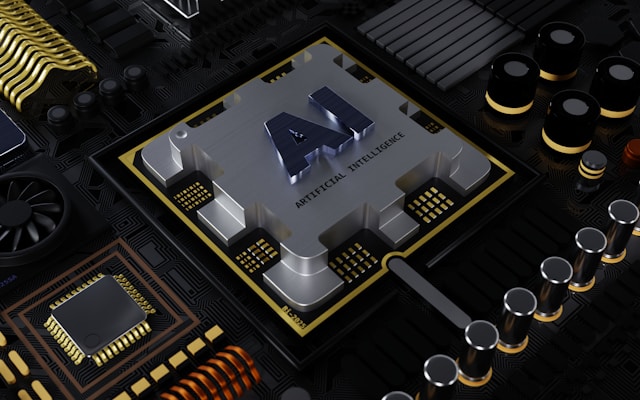AI-powered coding assistants like GitHub Copilot have seen explosive growth, boosting revenues and shaping the future of software development
Generative AI is making waves in the tech industry, especially within the realm of software development. Notably, AI coding assistants are rapidly proving their worth, leading to significant financial gains and shifting industry dynamics.
GitHub Copilot, an AI coding assistant launched by Microsoft in 2022, has become a standout example of this transformation. Since its debut, the tool has attracted nearly 2 million paying subscribers. This surge in popularity has directly contributed to a remarkable 45% year-over-year revenue increase for GitHub, according to a recent report by the Financial Times.
Embed from Getty ImagesGitHub CEO Thomas Dohmke praised the tool’s capabilities, noting how OpenAI’s GPT-3 model quickly demonstrated its prowess in writing code. “We figured out relatively quickly that it was so good at writing code that we could build a product around this,” Dohmke said. This sentiment reflects the broader recognition of AI’s potential in programming.
Major tech giants, including Amazon, Meta, and Google, have also entered the fray with their AI coding assistants. Additionally, a slew of startups—such as Replit, Anysphere, Magic, Augment, Supermaven, and Poolside AI—are aggressively competing in this space. Collectively, these startups have raised $906 million since January 2023, with $433 million secured in 2024 alone.
The impact of AI on software engineering is substantial. McKinsey’s 2023 report indicated that AI could enhance productivity in software engineering by 20% to 45%. The technology is not only streamlining workflows but also transforming job roles and expectations. The growing integration of AI coding assistants into daily routines is reshaping the field, with some companies planning to phase out non-AI-assisted coding roles by the year’s end.
Code.org CEO Hadi Partovi likened the current state of software engineering without AI to “writing without a word processor,” emphasizing the transformative role these tools play. By automating repetitive tasks, AI assistants free up developers to focus on more creative aspects of their work.
The shift toward AI-generated code aligns with broader trends in digital transformation. Generative AI solutions are becoming integral to companies’ technological advancements, especially in system enhancements related to accounts payable and receivable.
Bob Rogers, CEO of Oii.ai, highlighted the versatility of AI in programming. “Programming is a language, and generative AI honestly doesn’t mind switching from English to Spanish to Python or JavaScript,” Rogers remarked. This flexibility is pivotal as companies increasingly leverage AI to streamline and innovate their coding processes.
Analysis:
Political: The rise of AI coding assistants intersects with political considerations around technology regulation and labor markets. As AI tools become more prevalent, they influence regulatory discussions about tech innovation, data privacy, and the future of work. Governments and policymakers must navigate the balance between fostering technological advancements and addressing concerns about job displacement and ethical implications of AI.
Social: The integration of AI coding assistants reflects broader societal shifts towards automation and digital tools. These advancements are changing how people work and learn, highlighting a trend toward increased reliance on technology. The impact on job roles and skill requirements underscores a societal shift where technical proficiency and adaptability become increasingly important.
Racial: While the report does not directly address racial aspects, the broader implications of AI technology include discussions about diversity and inclusivity in tech. The development and deployment of AI tools should consider diverse perspectives to ensure that technology benefits all communities equitably and does not perpetuate existing biases.
Gender: The advancement of AI in coding also intersects with gender dynamics in technology. The presence of diverse voices in AI development is crucial for creating inclusive tools and mitigating biases. The growing role of AI coding assistants highlights the need for gender diversity in tech fields to ensure that AI technologies serve all users effectively and fairly.
Economic: The financial impact of AI coding assistants is substantial. The rapid growth of tools like GitHub Copilot and the influx of investment in AI startups underscore the economic potential of this technology. Companies are leveraging AI to improve efficiency and reduce costs, while the broader tech industry sees significant economic opportunities in developing and adopting AI-driven solutions.
